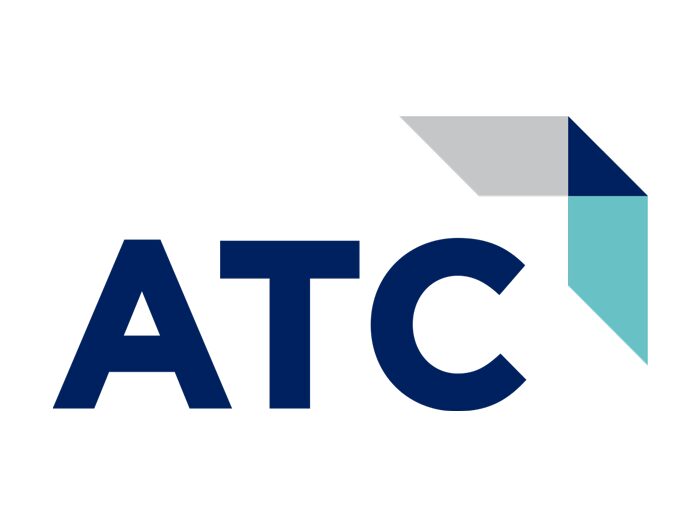
Your Technology Partner: Sales Organization vs. Consulting Firm
Don’t retire those boxing gloves just yet; the conflicted battle between selling vs consulting still wages on. And oftentimes, it’s your business that gets tossed into the ring. If you don’t want to go toe-to-toe with your technology provider, it’s best to know the differences between a sales organization and a consulting firm.
When choosing a technology partner to handle the IT needs of your business, it’s important to note the difference in two key things: being sold a product or service simply because you asked for it vs. being asked about purchasing a product or service because you need it. In one instance, you may end up with the products and services you want, but how will you know it was the right buying decision to make for your business? Will your purchase help with organizational growth or digital transformation? Will you know how to use what you’ve purchased? If you can potentially see yourself asking these questions, it means you’re not looking to be “sold” or to be a target for someone’s next commission check. A consulting firm will listen to your needs and assess your existing IT infrastructure to determine what it is you need in order to grow your business.
Let’s take a wide approach into the differences between selling and consulting to help you better understand how to choose the right technology partner for your business.
What Is a Sales Organization?
A sales organization is composed of sales professionals who use their sales skills to sell goods or services. These professionals typically represent a company that actively seeks a specific subset of customers or demographic through targeted marketing techniques to achieve sales goals. While sales professionals do educate customers about products, their main goal is to highlight the benefits of a particular item and convince the customer that the product is worth buying. Companies usually pay sales professionals a commission for every product they sell and assign quotas for them to meet on a quarterly and annual basis.
What Is a Consulting Firm?
An IT consulting firm is composed of technology professionals who educate customers about various products, services, and solutions with the intention of helping the customer find what best suits the needs of their business. Consulting organizations focus more on satisfying the needs of the customer instead of selling or pushing a specific product, or selling to meet a quota. Typically, technology consultants are independent and work on your behalf as an extension of your team.
What Is the Difference Between Selling and Consulting?
The terms are often mistakenly interchanged. Gartner defines IT consulting as advisory services that help clients assess different technology strategies and, in doing so, align their technology strategies with their business or process strategies.
You want someone to help you navigate the ever-evolving technology ecosystem that’s becoming more interconnected by the day. You want someone with the expertise to help you define a technology plan that will achieve your desired results:
- Scalability
- Speed-to-market
- Operational assessment
- Implementation planning
- Competitive differentiation
- Digital transformation
You want a technology partner. And that is the overall difference between selling and consulting. A sales organization will make a sale. A consulting firm will make a difference.
How to Choose a Technology Partner
When choosing a consulting firm, you’re entering a long-term, collaborative relationship. The partner you choose is just as important as the technology itself. But what should you look for in a technology partner? Here are a few tips to help get you started:
1. Solid Track Record
A consulting firm’s prior experience is a great place to start when deciding if they’re a good fit. Is this their first implementation within your industry, or have they helped similar companies before? While it’s not absolutely necessary to hire an implementation expert with prior industry-specific experience, a partner who’s familiar with your industry may bring more confidence to the table.
In addition to their previous experience, take a look at their past clients. Don’t be afraid to ask for references. Speaking with teams who have worked with the partner in the past can give invaluable insight into what it would be like to work with them long-term.
2. Availability
Ask potential partners how they prefer to communicate and how often you can expect to touch base to discuss expectations and goals. Ultimately, a technology partner should adapt their communications to meet your needs, and remain transparent every step of the way. Bonus if they offer Super Support.
3. Honest Deliverables
Technology projects can encounter anticipated issues due to many moving parts. Tech issues aside, the search for a technology partner has to include an element of trust. The right partner will never hide problems, but rather be open about it and act proactively, suggesting ways to overcome those.
Some crucial issues to raise:
- Do they try to understand your long-term goals and priorities?
- Do they develop the product in a way that is scalable?
- Do they support you not only during the development process, but also when the product is ready?
A client-oriented partner will ensure that you get the technology solution that works for your specific business needs and supports not only your immediate goals but your future goals as well.
Advanced Technology Consulting (ATC)
At ATC, We are a valued extension of your IT leadership team — a trusted advisor. We provide highly regarded technical expertise to our clients and access to an extensive portfolio of 400+ technology providers. We are an independent IT consulting firm focusing on digital transformation in four core areas: voice, network, cloud and security.
If your business is looking for help with strategic, next-gen IT solutions from a partner with deep expertise, super support and a proven DELTA process, contact us today.









